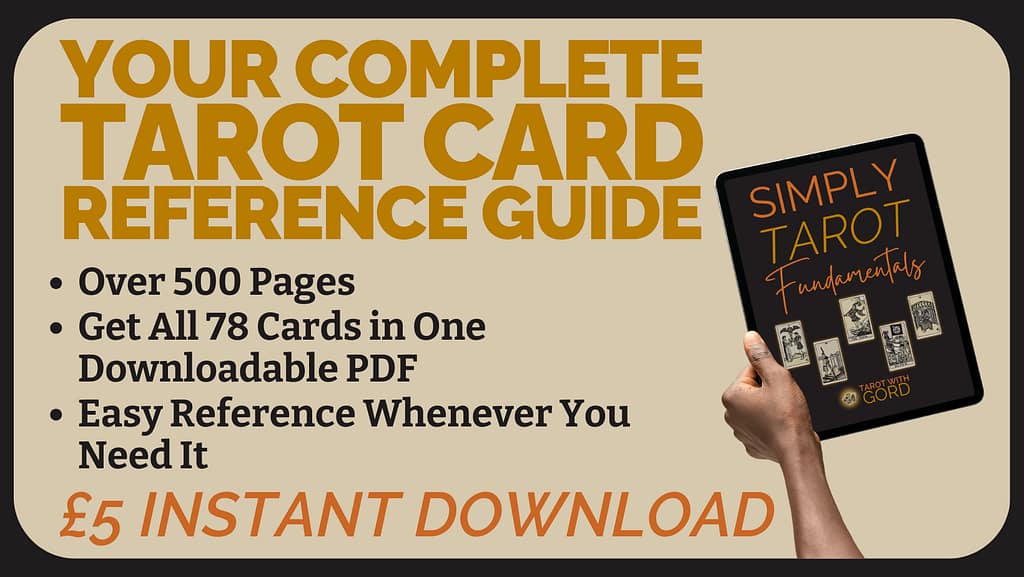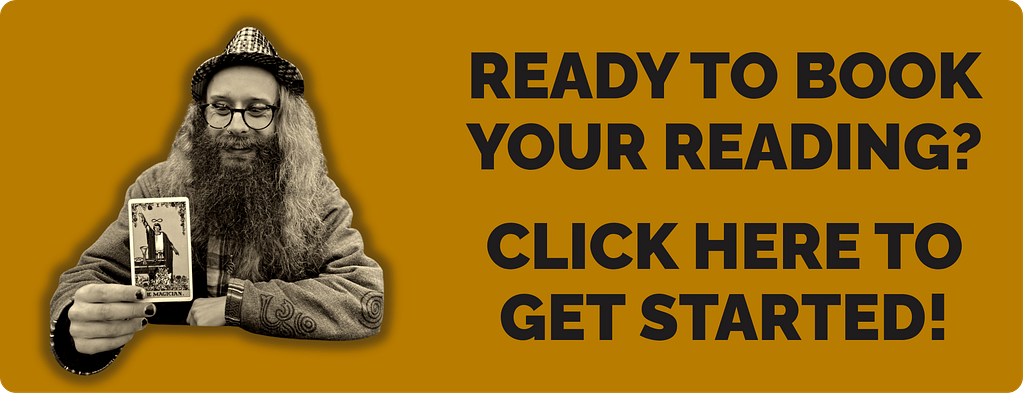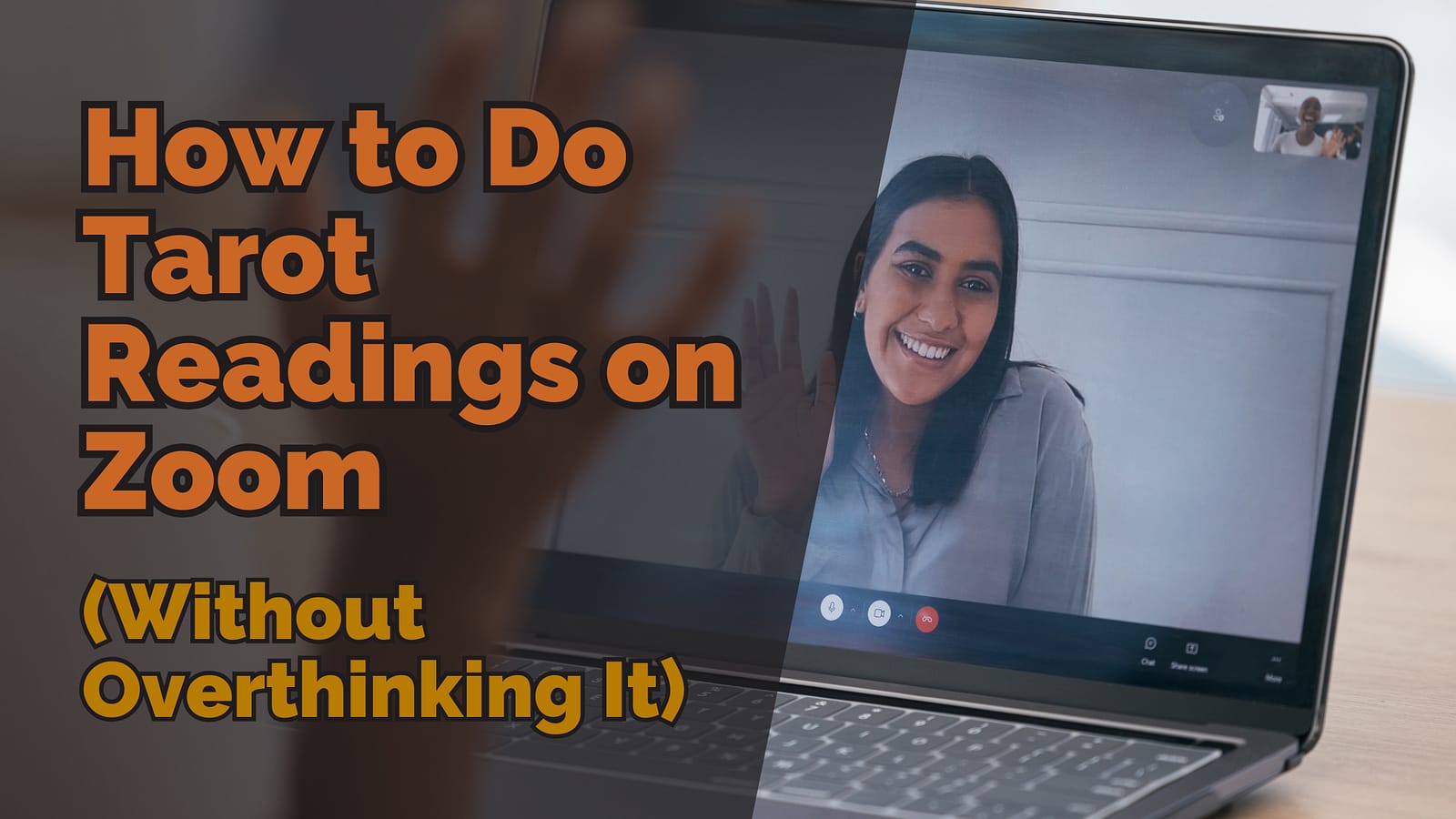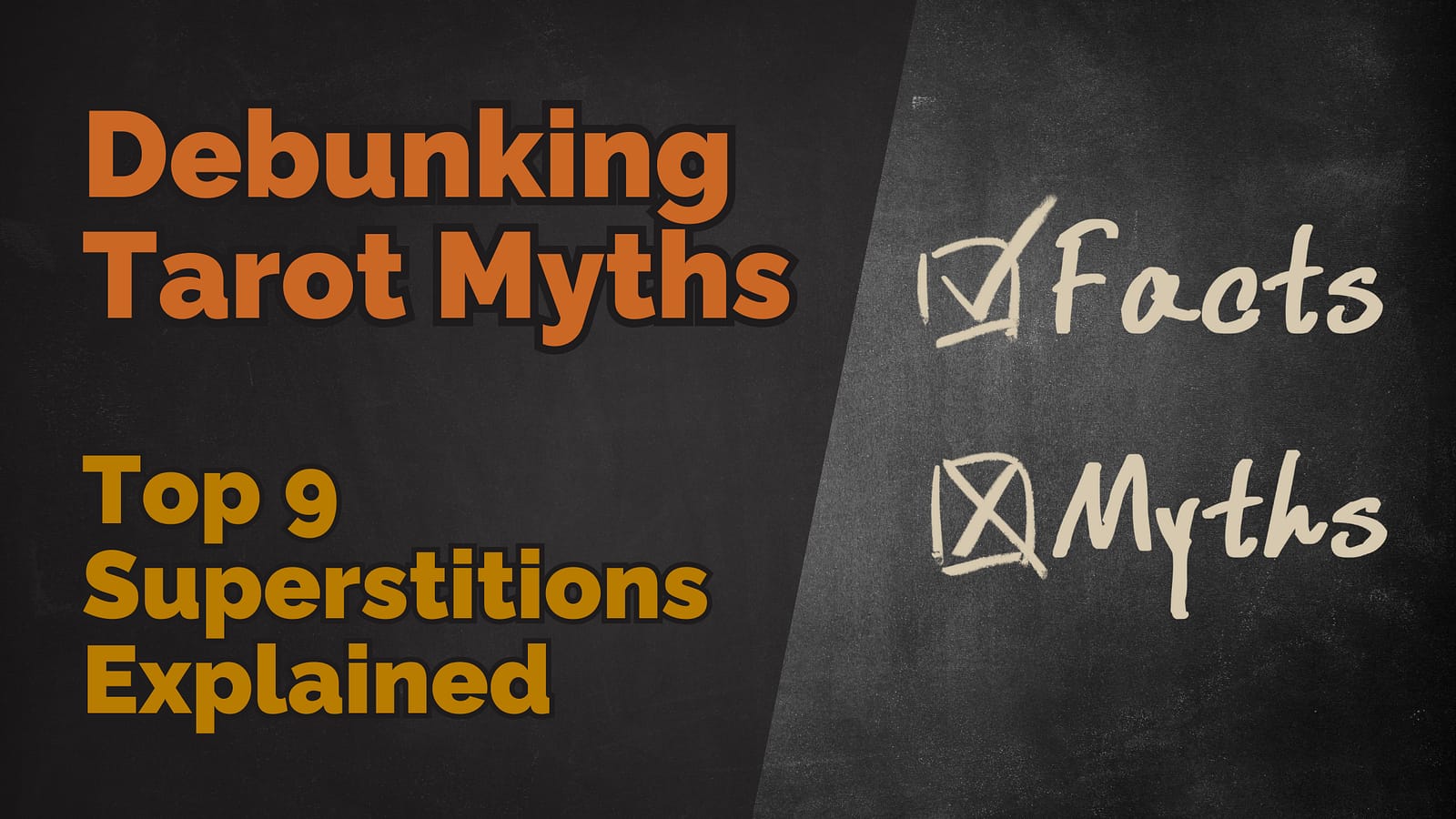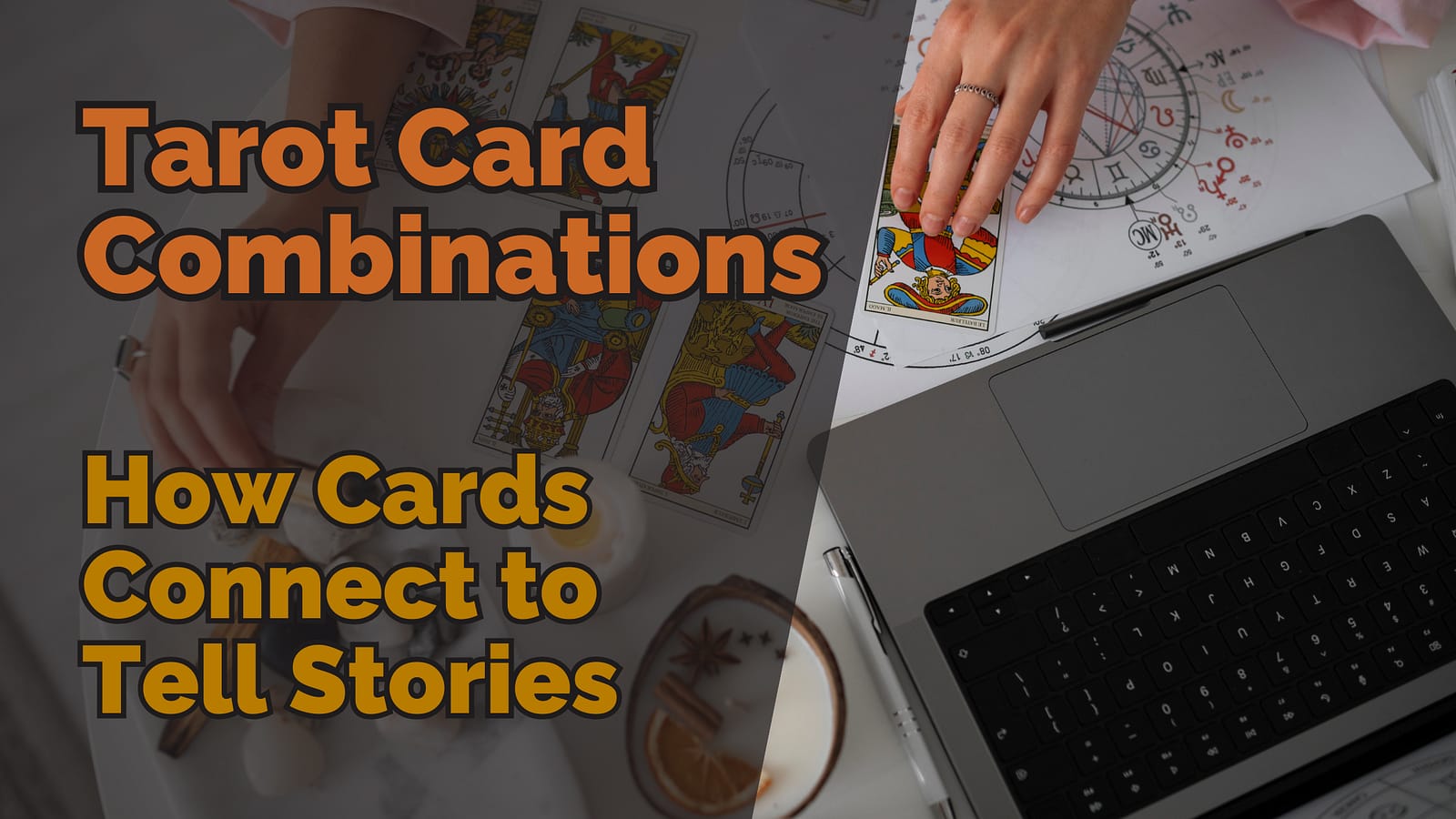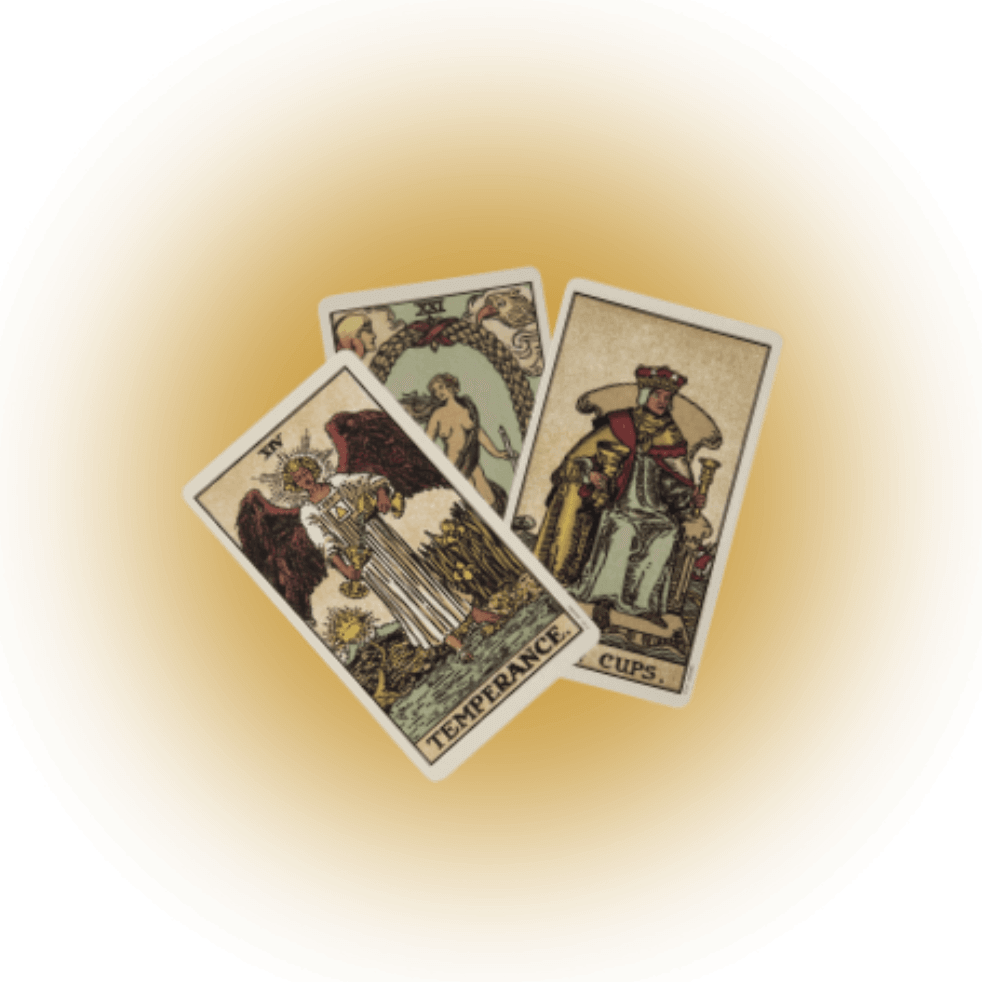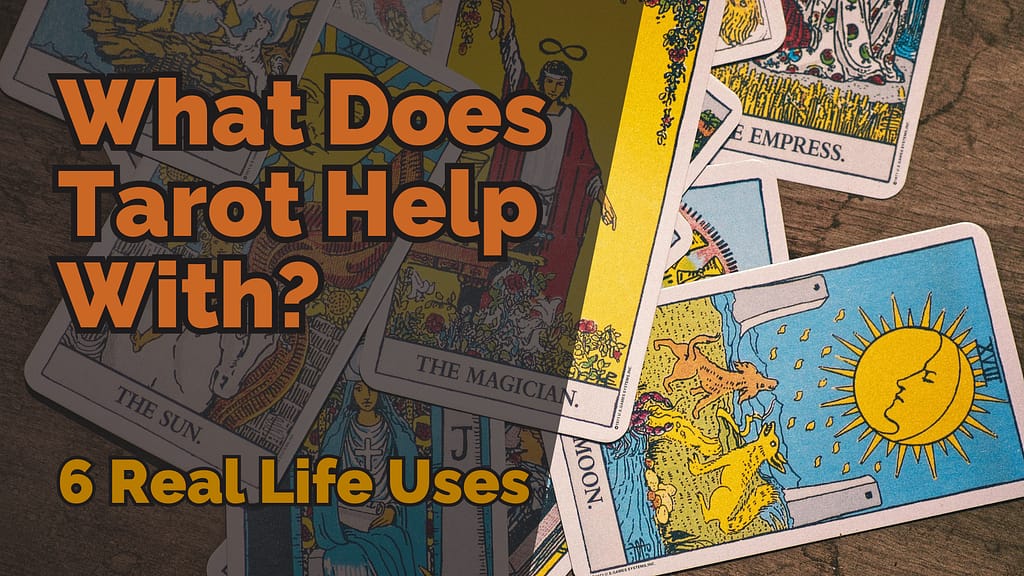
Table of Contents
You’ve probably heard of tarot. I mean, you’re on tarotwithgord.com, reading a post literally titled What Does Tarot Help With, so it’d be strange if you hadn’t. But even if the word is familiar, you might still be wondering what tarot is actually for. Is it about predicting the future? Is it some sort of mystical nonsense? Or is it just picking a random card and hoping it gives you something useful?
Let’s be clear: tarot isn’t about knowing the future before it happens. It’s about working with what’s happening now. It’s a reflective tool, not a crystal ball. The cards aren’t here to control your life or tell you what to do. They’re here to help you see your situation from a new angle. They help you get clear about what’s going on beneath the surface, so you can make decisions that align with who you are and what you want.
In this post, I’m sharing six real-life situations where tarot has helped clients get unstuck, get honest, and get moving. These are all examples of real life tarot doing what it does best. I’ll also be honest about what tarot can’t do and why I think those boundaries actually make it more powerful. If you’re curious about what tarot can offer and what it can’t, this one’s for you.
How Tarot Helps with Breakups and Getting Over an Ex
Reflecting on the Relationship
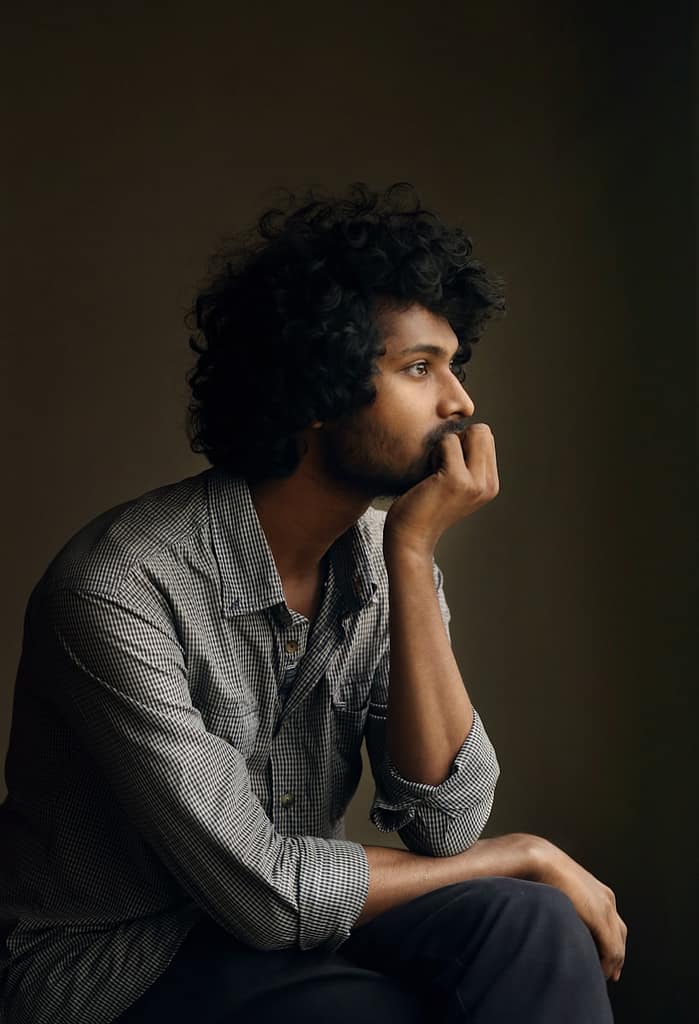
Breakups are one of the most common reasons people come to me for a reading. There’s a lot of emotion involved, and it’s easy to start spinning in circles, especially when you’re missing someone or idealising the relationship. I had a client come to me during a divorce. They were starting to question whether they should get back together with their ex. From what they shared, it was clear that their ex hadn’t treated them well, but in the midst of the pain, they were starting to romanticise the past.
We didn’t ask the cards for a simple yes or no. That’s not how tarot works. But what we did do was lay out the story of the relationship and create space for them to reflect honestly. As the cards came up, they started remembering the things they’d been minimising. They saw patterns that hadn’t changed and realised that the fantasy of reunion wasn’t rooted in reality. By the end of the session, they didn’t just have clarity. They had self-respect.
This is one of the most powerful things tarot can do. It doesn’t make the decision for you, but it holds up a mirror so you can see things more clearly. Especially when you’re caught in a cycle of what-ifs and maybe-one-days, that reflection can be the difference between staying stuck and starting to heal.
Why I Don’t Read Third Parties
It’s also really common for people to come to tarot wanting to know what someone else is thinking. “What’s my ex thinking right now? Are they missing me?” I get it. That kind of curiosity is human, especially when your heart’s involved. But I don’t do readings about third parties. Not only do I think it’s ethically messy, I also don’t think it’s helpful.
What’s more important is exploring why you want to know those things. Often the need to know what someone else is thinking comes from a place of insecurity. It’s a way of trying to soothe something inside us that feels unsettled. Tarot is way more powerful when we use it to examine those feelings. Questions like, “Why am I still holding on to this person?” or “What do I need to let go of this attachment?” are a lot more productive.
In other words, tarot works best when you bring the focus back to you. The cards can’t read minds, but they can help you read yourself. That’s where the real healing happens.
How Tarot Helps with Career Decisions and Life Direction
When More Money Isn’t the Answer

I once did a reading for someone who’d been offered a promotion. It looked like a no-brainer: more money, more authority, a solid next step in their career. But they were hesitating. Something about it didn’t sit right. We used the cards to explore the situation, and what became clear was that this wasn’t really about the job. It was about identity, purpose, and burnout.
The promotion would have locked them even deeper into work they didn’t enjoy. It would have been more pressure, more hours, and more responsibility, but not more meaning. The reading helped them articulate what they hadn’t been able to say out loud: that this wasn’t the direction they actually wanted to go in.
A year later, they got in touch to say they’d started their own business doing something they actually cared about. They told me, “I wouldn’t be doing this now if I hadn’t had that reading.” That’s not magic. That’s reflection. That’s the power of choosing with clarity.
Getting Clear on What You Want
Sometimes you don’t need a big spiritual awakening. You just need to get honest about what you actually want. Tarot helps with that. It holds a space that’s quiet enough for you to hear yourself think. This is a great example of how tarot helps in moments of confusion or overwhelm. In career readings, people often come in feeling like they have to make a decision right now. The cards help slow that panic down.
They show you the emotional layers of your choices. They surface the fears you haven’t named yet. They remind you of what you value. And once that’s all laid out, it’s easier to choose a direction that feels good rather than just one that looks good on your CV. Tarot doesn’t replace planning or strategy, but it complements them beautifully. Especially when you’re navigating something messy.
How Tarot Helps with Burnout and Big Emotions
Naming What’s Been Pushed Down

I did a reading recently with someone who’d been holding in so much that by the end, they were in tears. They hadn’t cried in months. They hadn’t even realised how much they were carrying. The reading didn’t tell them anything dramatic. It simply gave them space to feel what they’d been pushing away.
Sometimes we don’t realise how full we are until we stop. Tarot helps people pause long enough to notice. It doesn’t have to be profound. Sometimes it’s just about naming what’s there. For this client, it was grief. For others, it might be anger, frustration, disappointment, even numbness. The point isn’t to fix it. It’s to see it.
When we acknowledge what we’re carrying, we can start to set it down. That’s what tarot does at its best. It doesn’t give answers. It gives language. It gives space. It gives permission.
When You Need Permission to Feel
We live in a world that encourages us to keep going, to hold it together, to be fine. But we’re not always fine. And pretending doesn’t help. Tarot readings often become the one moment in someone’s week where they’re allowed to feel what they’re really feeling.
This isn’t therapy. I’m not a counsellor. But the cards do something subtle and powerful: they reflect the emotional truth of your situation. When that truth is spoken out loud, it often unlocks something. I’ve seen people go from confusion to clarity, from holding it all in to letting it flow. That’s not because the cards fixed them. It’s because they gave them permission to be real.
And when you’re burned out or overwhelmed, sometimes that’s all you need.
How Tarot Helps with New Relationships and Mixed Feelings
Is This Right for Me?

When you’re getting to know someone new, it’s easy to get caught up in the excitement or overthink every little thing. A lot of people come to me when they’ve just started seeing someone and they’re already spiralling. Tarot helps slow things down. It gives you space to reflect. One client came in giddy but confused. They couldn’t tell if they were being swept away by chemistry or genuinely compatible with this person.
Through the cards, we explored not just who the other person was but who they were in the relationship. Were they acting from confidence or fear? Were they ignoring red flags or falling into old patterns? It turned out they were putting a lot of pressure on the relationship to give them validation. Once they saw that, they were able to approach things with a clearer head and way more self-awareness.
That’s what tarot helps with. It’s one of the clearest examples of what tarot can do when you’re not sure how you feel. It doesn’t label someone as “the one” or not. It invites you to get honest with yourself about what you need and whether this relationship is actually meeting that need.
Learning From the Past
Another common theme that shows up is repetition. People wonder why they keep attracting the same kind of person or ending up in the same relationship dynamics. Tarot can be a powerful way to name those patterns and understand where they come from.
I’ve seen readings where someone realises they’ve been moulding themselves around a partner whose emotional patterns echoed their last relationship. Or that they keep choosing emotionally unavailable people because they’re scared of vulnerability themselves. These aren’t easy insights, but they’re valuable. They’re the kind of realisations that can shift a relationship entirely, or help you leave one that’s not working.
Tarot doesn’t just show you what’s happening now. It helps you trace the deeper story underneath. And when you can name that story, you get to decide if you still want to live by it.
How Tarot Helps with Big Decisions and Life Crossroads
Seeing the Options Clearly

We all reach moments where we feel pulled in multiple directions. Should I take the job? Move cities? Leave this relationship? Start something new? Tarot won’t make the decision for you, but it will help you explore what each path represents.
In readings like this, I often lay out the emotional tone of each option. What might it feel like to say yes? What might you be leaving behind if you say no? What’s the lesson on offer in each choice? One client came in considering a major move, and the cards helped them realise they were making the decision out of fear rather than desire. Once they saw that, their whole posture toward the situation changed.
That’s the beauty of tarot. It holds up possibilities, not predictions. It reminds you that every path has risks, and every path has potential. The real question is what kind of life you’re willing to commit to creating.
It’s Not About One Right Answer
A lot of the time, people come to tarot hoping for the “correct” answer. They want certainty. They want permission. But life rarely works like that. What tarot offers instead is deeper clarity. It shows you the emotional undercurrents of each possibility. It helps you get clear on what’s yours to carry and what’s been projected onto you by fear, family, or society.
Tarot won’t predict the future. It’ll help you create your future. It won’t tell you what you want to hear, but it will tell you what you need to hear. That difference matters more than most people realise.
The best readings are the ones that empower you to choose, not because the cards told you to, but because you’re more in touch with your values and priorities. There’s no one perfect path. But when you choose with your eyes open, that’s what creates meaning.
How Tarot Helps with Reconnecting With Yourself Spiritually
If you’re wondering what tarot can do beyond decision-making and emotional clarity, this section is for you. One of the most meaningful tarot uses is helping people feel spiritually connected again. Whether you’re religious, spiritual-but-not-religious, or completely secular, tarot has a way of meeting you exactly where you are.
Holding Space for the Big Questions

You don’t have to identify as spiritual to benefit from tarot, but if you’re even a little spiritually curious, tarot can be a brilliant companion. A lot of people come to readings not because they need an answer, but because they want to feel something. They want to reconnect with a sense of meaning. They want to remember they’re more than their to-do list.
Tarot creates space for those moments. One of its most valuable uses is helping people stay present when they’d rather run from discomfort. It’s not dogmatic. It’s not trying to convert you to anything. It just opens the door to deeper reflection. Whether you’re questioning your path, recovering from religion, or exploring your sense of purpose, tarot meets you exactly where you are.
A Conversation With the Soul
For many of my clients, and myself included, tarot has become a kind of quiet ritual. A conversation with the soul. It’s a way to check in, to take stock, to ask questions that don’t always have words. You don’t need candles or incense or a full moon. You just need to be willing to listen.
I didn’t actually discover tarot until years after I’d deconstructed my faith. But when I finally did, it became a powerful tool for reconstruction. It didn’t replace the beliefs I’d let go of or offer any neat answers. What it did give me was a way to explore meaning again. It gave shape to the questions I was still living through, and helped me reconnect with a sense of something bigger, even if I couldn’t name what that something was.
This kind of spiritual practice doesn’t require belief in anything supernatural. It’s just one more example of how tarot helps you reconnect with yourself and stay grounded in your own truth. It just asks you to be open to noticing. Open to wonder. Open to truth. And that in itself can be a sacred thing.
A Quick Note on Ethics and Boundaries
One of the most important things to understand about tarot uses is that the tool is only as helpful as the boundaries around it. Knowing what tarot can’t do is just as vital as understanding how it works well.
What Tarot Can’t Do
Let’s be really clear: tarot cannot predict the future. It can’t tell you what someone else is thinking or feeling. It is not a substitute for therapy, medical advice, or any kind of professional support. And it certainly shouldn’t be used to manipulate people or control outcomes.
A good tarot reader won’t offer certainty. They won’t promise you definitive answers about things like pregnancy, legal disputes, health concerns or big financial decisions. Those topics require support from trained professionals, and a responsible reader will make that clear. Tarot can absolutely support you in exploring how you feel about those areas or how to navigate them, but it isn’t a replacement for a doctor, a lawyer or a financial adviser.
If you meet a tarot reader who says they can tell you exactly what’s going to happen or who promises to bring your ex back, run. That’s not tarot. That’s exploitation. Real ethical tarot means holding boundaries and being honest about what the cards are actually for. Good tarot work is grounded, collaborative, and respectful.
What Tarot Can Do
What tarot can do is help you gain insight. If you’re still wondering what does tarot help with in real life, this is it. It can shine a light on patterns you hadn’t noticed, name emotions that have been simmering under the surface, and hold space for the complexity of whatever you’re carrying. It doesn’t hand you easy answers. It helps you ask better questions. And those questions? They often take you deeper than any quick fix ever could.
Tarot is especially powerful when you’re in the thick of it, when life feels messy, uncertain, or overwhelming. It brings things to the surface, not to scare you, but to give you something to work with. Something honest. Something real. Whether you’re dealing with heartbreak, transition, or simply trying to make sense of your own thoughts, tarot helps you turn the volume down on the noise and turn the light on inside yourself.
It helps you make better decisions, not because it gives you the “right” answer, but because it reflects your truth back to you. When you can see clearly, you’re no longer acting from fear or confusion. You’re responding from awareness. And that’s what makes tarot so different from fortune-telling: it supports conscious choice, not passive waiting.
At its core, tarot is a tool for clarity. A good, ethical tarot reader won’t make wild claims. Instead, they’ll guide you through reflection that empowers you to move forward with honesty. And clarity is a kind of power. It allows you to respond with intention, to reconnect with yourself, and to move forward in a way that feels grounded. That’s where the magic lives.

